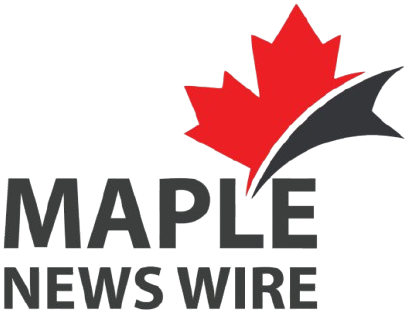Trump’s UK Deal Offers Glimpse into Future Canada Trade Talks
U.S. President Donald Trump’s recent preliminary trade agreement with the United Kingdom sends a clear message to Canada and other trading partners: tariffs may be reduced but won’t be fully dropped. While details remain fluid, the deal reflects Trump’s ongoing strategy to reshape global trade on American terms amid his broader tariff campaign.
Partial Tariff Relief, But Duties Stay in Place
Though the U.K. will see steel and aluminum tariffs lifted and automobile duties reduced to 10% for a limited quota, a baseline 10% tariff on most British imports remains. Trump emphasized the deal will boost U.S. exports of beef and ethanol but maintained that tariffs will persist as a negotiating tool. Commerce Secretary Howard Lutnick confirmed the universal 10% tariff baseline will continue.
What This Means for Canada’s Trade Negotiations
Experts say the U.K. deal signals Trump’s willingness to negotiate but also his reluctance to fully abandon tariffs-an approach likely to shape talks with Canada. Unlike the U.K., Canada faces broader tariffs, including on steel, aluminum, and autos, with partial carveouts for American-made components under CUSMA.
Fen Osler Hampson, a Carleton University expert, calls this a move toward “managed trade,” where tariffs might remain but at moderated levels. Canada’s exclusion from Trump’s 90-day tariff pause underscores the tougher path ahead.
Canada Faces Pressure Amid Shifting Trade Landscape
Canada’s Prime Minister Mark Carney recently met with Trump in a surprisingly cordial encounter, a sign of potential thaw despite ongoing tensions. Still, U.S. industry voices warn that the U.K. deal could disadvantage North American automakers by offering British vehicles preferential access.
Senior policy analyst Henry Olsen cautions that Trump’s focus on reducing trade deficits-especially with Canada-will complicate negotiations, as energy exports heavily influence the balance.
Resetting Global Trade Rules: A Cautious Outlook
While Trump’s administration claims to seek fairer trade, the U.K. deal shows tariffs remain a key leverage point. The agreement’s mixed signals-lower tariffs but not full elimination-suggest Canada must prepare for a complex negotiation landscape where some duties may persist even if CUSMA remains intact.
Trump’s UK trade deal offers Canada a preview of the challenges ahead: negotiation with tariffs as a backdrop, requiring strategic diplomacy and readiness for managed trade realities.




